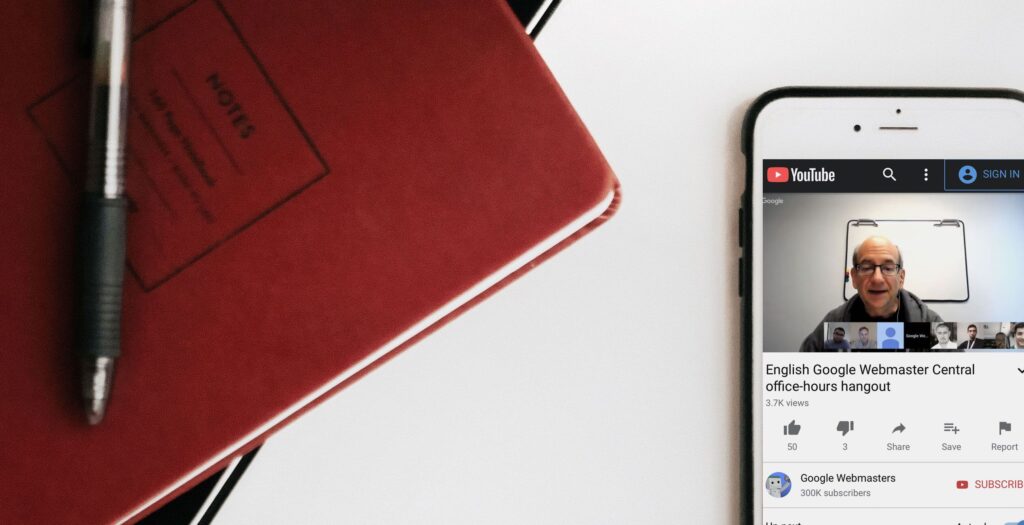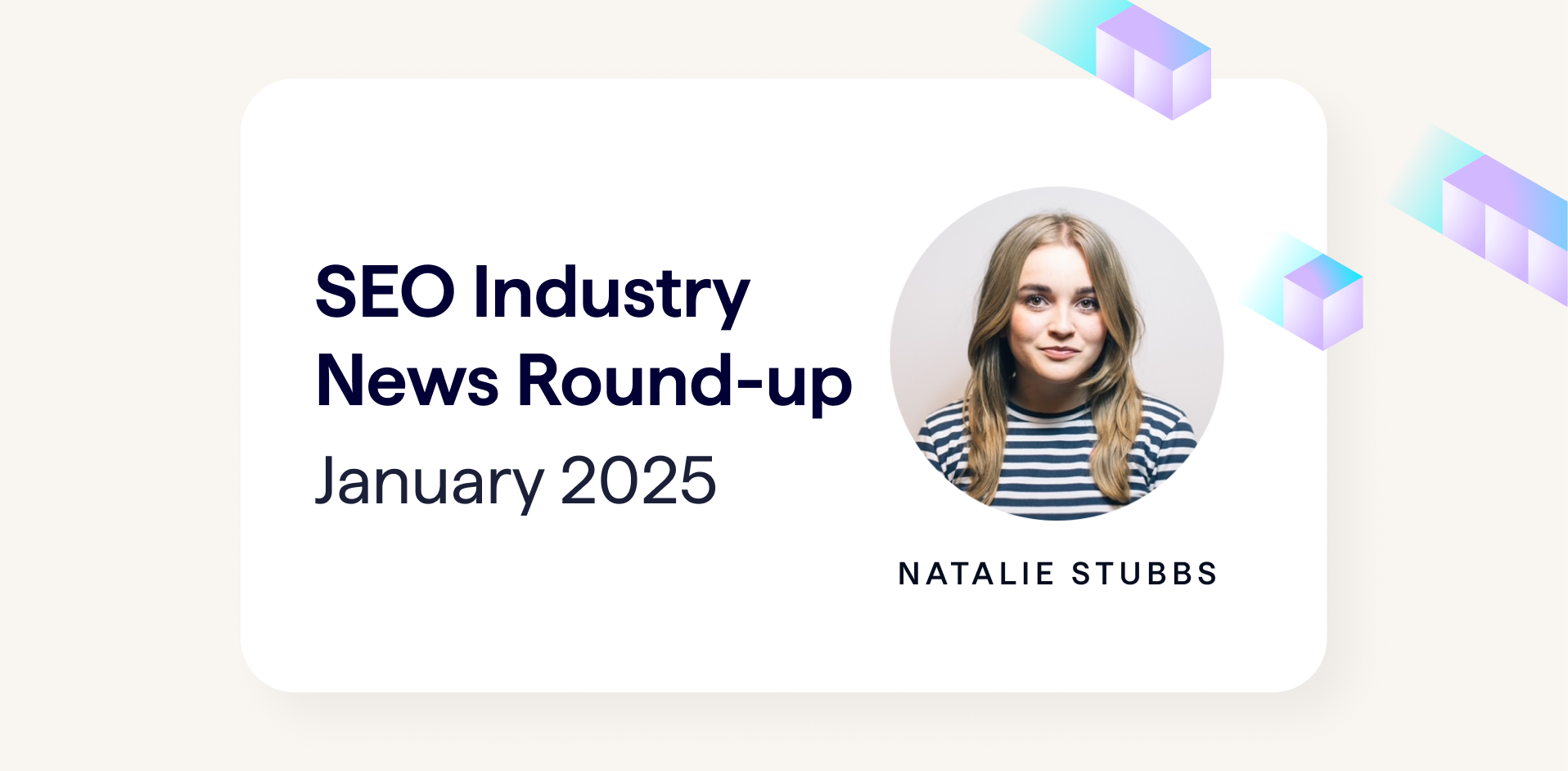Notes from the Google Webmaster Hangout on the 26th of June 2018.
The Indexing API Will be Restricted to Job Listings for the Time Being
There are no immediate plans to expand the Indexing API to content other than job listings. Google will need to see how this works and how people are using it before releasing it to other elements of search.
Only Index Original Language Content if You Use Auto-Translate
Auto-translated content is seen as auto-generated content by Google. If you want to do any auto-translating, let Googlebot index the original language content and give a ‘translate this page’ option to users with JavaScript.
Different Signals Determine Google’s Canonical Selection
John confirmed that rel canonical, redirects, internal linking, URL parameters and sitemaps are all signals Google uses to decide which page is the canonical from a group of pages that have been folded together.
Canonical Selection Doesn’t Affect Rankings for a Group of Pages
Google will simply show one URL out of a group of pages that have been canonicalised. The ranking will be the same for that group of URLs no matter which one Google decides to show.
Internal Search Pages Are Indexed if Google Sees Them as More Useful Than Linked Pages
Internal search pages may be indexed if they’re seen as a way of finding category pages or if they form a clear navigation for Google to find related products/pages. If you don’t want them to be indexed you should make your navigation clearer.
Google Cache Uses Non-Rendered HTML
If you use JavaScript to serve a mega menu, be aware that it might not show correctly in the cached version of a page because this uses the HTML rather than the rendered version. This doesn’t mean Google isn’t indexing the JavaScript-powered content.
Content Not Visible by Default Will be Shown in Search Results For Unique Queries
Content that isn’t visible by default isn’t currently being given as much weight in the search results, but it will be shown if a user is explicitly searching for that content, especially if it is unique. This content won’t be treated differently for mobile-first indexing though.
Only Have One Language on a Page to Ensure it Will Appear in Search
If you feature more than one language on the same page, Google may struggle to figure out what the primary language version should be and whether it should be shown for queries for either language.
GSC May Not Show Data For Your Other Same Language Sites if Content is Identical
Hreflang data may only appear for one of your sites in Search Console if the content is identical across a collection of same language sites e.g. UK and US. Use the ‘Inspect URL’ tool to check for issues like this.
It Will Take Years to Switch All Sites Over to Mobile-first Indexing
John confirmed that it could take years to switch all sites to mobile-first indexing because there are many sites that aren’t ready yet. Google is assessing how to best provide more information on how to help people make their sites mobile-first ready.
GSC Will Still Have the Option to Fetch Desktop Pages After Mobile-first Indexing
Google still wants website owners to be able to check how their desktop pages appear even if the content is being taken from mobile for mobile-first indexing, so there will still be an option to fetch both page versions in GSC.
Avoid Linking Between Your Own Sites Unless Relevant to Avoid Manual Action
Make sure you only have relevant links between the sites you own, otherwise the Google manual action team could investigate your sites for implementing link exchange tactics.
The Signals You Provide Via JavaScript Shouldn’t Conflict with the Ones in HTML
The signals you give Google via JavaScript shouldn’t contradict the ones you’ve provided in the HTML. For example, if you add a follow link in the HTML but use JavaScript to inject a nofollow tag, it will be too late as the signals will be passed through this link with the first wave of indexing.
You Only Need to Include Standalone AMP Pages in Sitemaps
As long as you have the link rel=amphtml you won’t need to include AMP in sitemaps unless they are standalone pages. Google can access the HTML of the main page to include in the AMP cache when changes are made to the content.
Google Sometimes Uses ETags or Last-modified Headers to Reduce Bandwidth of Requests
ETags or last-modified headers can help Google to reduce the amount of bandwidth needed for requests, but these aren’t always used.
Google Doesn’t Support Canonical Tags for Images
Canonical tags don’t work for images, so you can’t fold together different sizes of an image to make sure only the best size is indexed, for example. Google is looking into how best to use srcset for image search, however.





